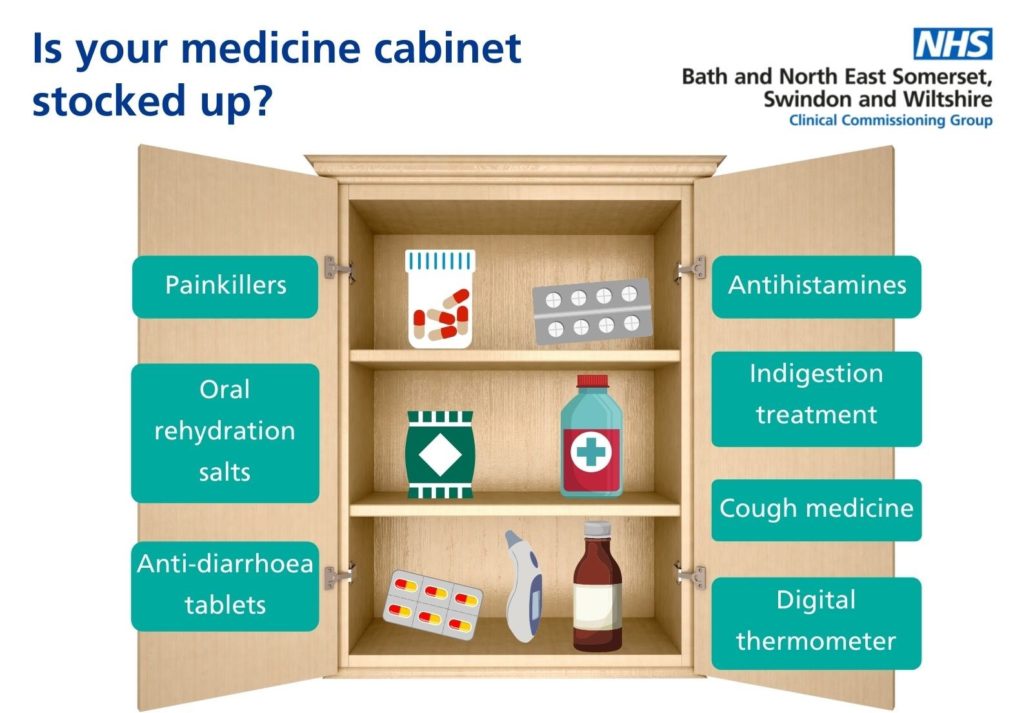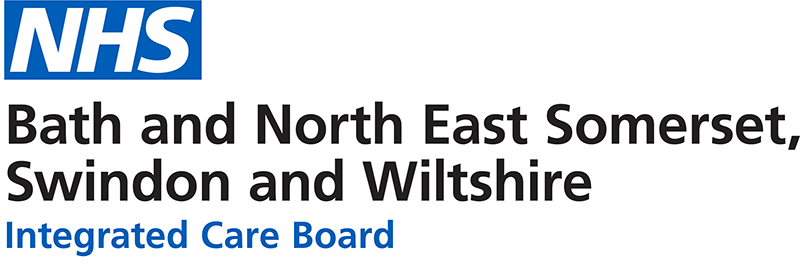NHS UK
The NHS website has clinical advice on the symptoms and treatment for hundreds of common illnesses.
Children with Coughs: Information and advice for patients and carers
This website was created by a collaboration of researchers and parents and has advice and guidance on common symptoms, when to see the Dr. and tips on things you can do to make a child feel better.
This downloadable leaflet contains information about how to look after a child who has a cough (not due to asthma)it includes information on disturbed sleep, fever/high temperature and a useful flow chart on when to see a Dr.
(The website and leaflet have been used with kind permission of - Cabral, C. Ingram, J. Redmond, N. Horwood, J. Blair, P. Hollinghurst, S. Hay, A. Lucas University of Bristol, Bristol)
Ask a pharmacist
Remember that your local pharmacist is a trained medical professional who can advise you on the right medicine to help with many ailments, such as sore throats, colds, asthma, eczema, hay fever, period pain and diarrhea and vomiting.
Keep a well-stocked medicine cabinet
Be prepared for common illnesses and injuries by keeping your medicine cabinet stocked (pdf, 3.4MB) with these items all year round.

First aid kit
A well-prepared first aid kit can help treat minor cuts, sprains and bruises, and reduce the risk of cuts becoming infected. Make sure your first aid kit has:
- Bandages
- Plasters
- A thermometer
- Antiseptic
- Eyewash solution
- Sterile dressings
- Medical tape
- Tweezers
Over-the-counter medicines
In 2017, new guidance was introduced so that medicines that are readily available over-the-counter - including pain relief and some hayfever medications - are no longer routinely prescribed. Since then, the NHS has reduced its annual spend from £569 million per year to £248 million per year on these products, enabling reinvestment in other essential services.
You can find out more about what this means by reading this patient information leaflet (pdf, 312KB) and these frequently asked questions about over-the-counter medicines (pdf, 135KB).
